detail profile andrei petrov
Peran Yang Di Mainkan Andrei Petrov
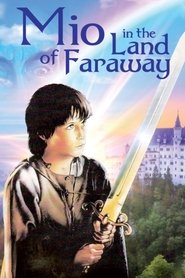 Under the watch of his unkind...
Under the watch of his unkind...Mio in the Land of Faraway 1987
Under the watch of his unkind realtives, lonely Bosse's luck is changed when he is sent to the land where his real father is the King. In that country, he sets out on a quest, together with his new friend, to destroy the evil Knight Kato.
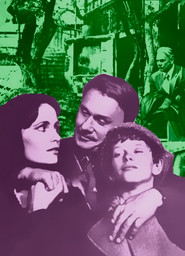 The main character of the film...
The main character of the film...For the Second Time in Crimea 1985
The main character of the film is a veteran of the Armed Forces of the USSR, the general who remained in the ranks, who once traveled from Khalkhin-Gol to Berlin, has the largest awards. A strong and reliable person who has lost his son in a war treats everyone with whom fate brings him with sympathy and understanding. One day he comes to Crimea - to those places where he used to be happy in his youth, to see the house where his family lived. There he meets an elderly woman and her two grandchildren. One of the boys, Nikolay, reminded him of his own son. The friendship begins between an adult and a child, so necessary for each of them.
 The story follows Maria Konovalova who...
The story follows Maria Konovalova who...Kin 1981
The story follows Maria Konovalova who travels from her rural village to visit her daughter Nina in the city. Maria's arrival exposes the stark contrasts between rural and urban lifestyles and reveals deep-seated family tensions. Interestingly, Родня (Rodnya) in Russian sounds very similar to the word Родина (Rodina), which means "Motherland." The film features three generations of women — Maria, her daughter Nina, and her granddaughter Irina — symbolizing three different Russias: one from the past, one modern, and one representing the future.
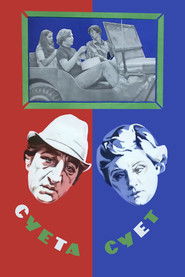 A comedy about a civil registry...
A comedy about a civil registry...Fuss of the Fusses 1979
A comedy about a civil registry official whose job is to register newlyweds and who just discovered that her husband has been cheating on her for 3 months, her daughter met a guy she doesn't approve of, and her life has suddenly become a fuss of the fusses.
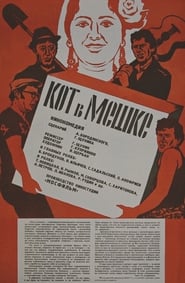 Under the guise of student construction...
Under the guise of student construction...The Cat in the Bag 1979
Under the guise of "student construction team of graduate students" a brigade of "covenants" arrives to the collective farm, expecting to get one thousand rubles for the construction of the "fountainarium" that is not envisaged by the estimate. However, under the gun of a local photo correspondent and the close attention of the collective farmers, Ruslan Ruslanych, a student of evening school, drunkard Tyulkin, illuminator in the theater Savchuk and hiding from alimony Panin, in order not to give himself away, are forced to work diligently and to be rehabilitated.
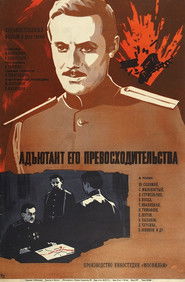 The Adjutant of His Excellency is...
The Adjutant of His Excellency is...The Adjutant of His Excellency 1970
The Adjutant of His Excellency is a Soviet television mini-series which was produced in 1969 and is set during the Russian civil war
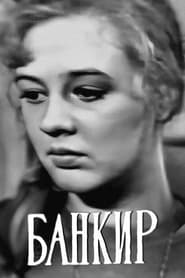 Galina the daughter of the manager...
Galina the daughter of the manager...Banker 1964
Galina, the daughter of the manager of the city branch of the State Bank Roman Stepanovich Kruchi, and brought up by him alone from the age of three, is marrying the furniture factory director Andrei Tur. It turns out that Andrey, having received a bank loan for the plant, cannot return it on time, since the plant produced defective products that were not accepted by the customer. Andrey is removed from work and together with Galina he leaves for a new place of work.
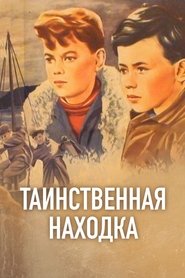 Three kids from a coastal village...
Three kids from a coastal village...Mysterious Find 1953
Three kids from a coastal village in the Far North discover an old rifle in a cave. They learn about a national hero Guriy Gagarka and organize an expedition to gather more info on him.
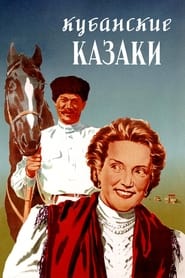 In the steppes of the Kuban...
In the steppes of the Kuban...Cossacks of the Kuban 1950
In the steppes of the Kuban love is born on two collective farms while wheat is (enthusiastically) gathered. Galina, the energetic chairwoman of one of the two kolkhozes, vies with her male counterpart for the best harvest. At the same time Gordey, her rival, a former soldier, is (and has been for ages) in love with her. On her part, Dasha a collective farm worker, has heartbeat for a young technician of the competing kolkhoz...
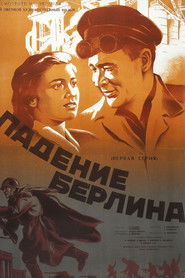 Surrounded by a few party officials...
Surrounded by a few party officials...The Fall of Berlin 1950
Surrounded by a few party officials, Alexei Ivanov, a stakhanovist smelter, is decorated by Stalin. The "Little Father of the Peoples" takes this opportunity to invoke threats of war.... One day, war indeed breaks out. Bombs fall on the field where Alexei finds himself in the company of the schoolmistress Natacha, his fiancée. Alexei joins the Red Army and soon becomes a sergeant. Fighting rages and German troops advance. Natacha is arrested and deported. But the tide turns decisively with the German defeat at Stalingrad. Now the major offensive against Hitler can begin.
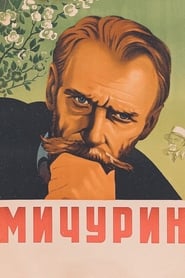 About the life of the Russian...
About the life of the Russian...Life in Bloom 1949
About the life of the Russian biologist Ivan Michurin. 1912 year. Having rejected American offers to work abroad, Michurin continues his research in the Russian Empire, despite the fact that his ideas are not perceived by the tsarist government, the church and idealistic science. Michurin is supported by prominent scientists of the country and he continues to work hard. After the October Revolution, a small Michurin garden in the city of Kozlov (the biologist's homeland) becomes a large state nursery.
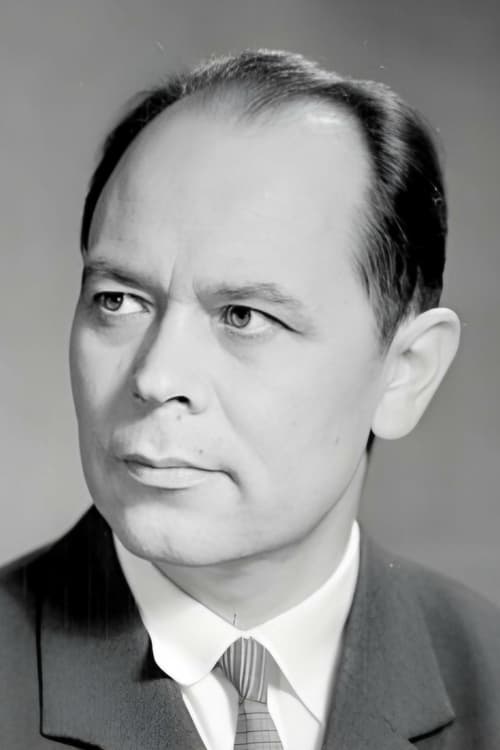
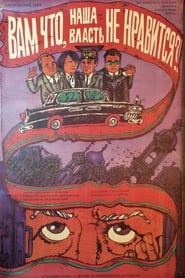
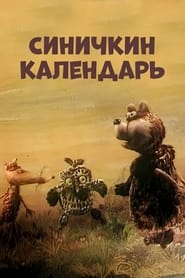 An animated film about forest dwellers...
An animated film about forest dwellers...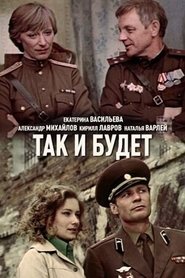
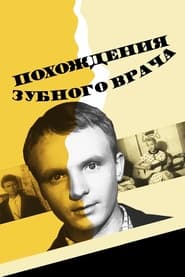 The young dentist Chesnokov has a...
The young dentist Chesnokov has a...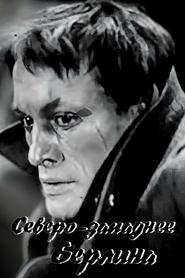 A military unit freed a soldier...
A military unit freed a soldier...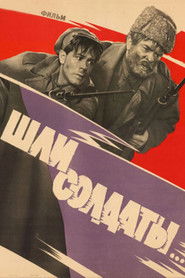
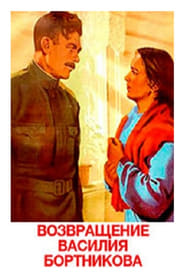 A veteran of World War II...
A veteran of World War II...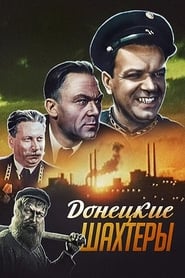 A miners in Donbass embrace new...
A miners in Donbass embrace new...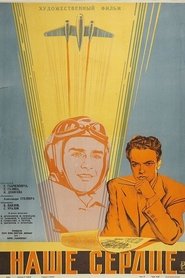 A story about a creation of...
A story about a creation of...